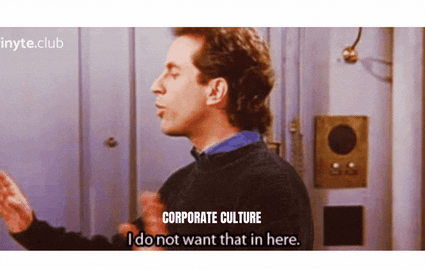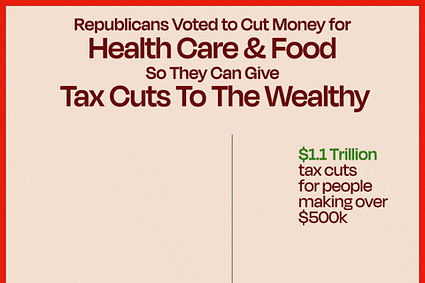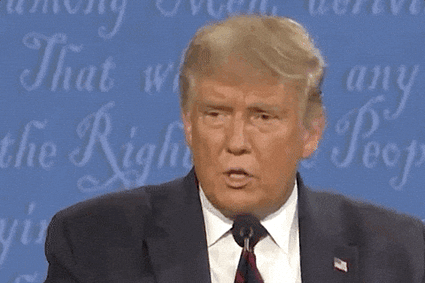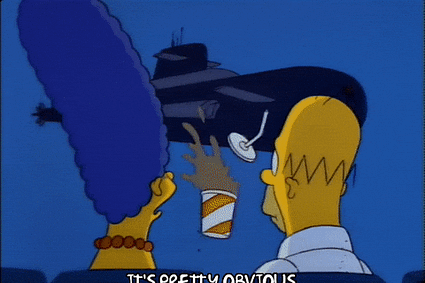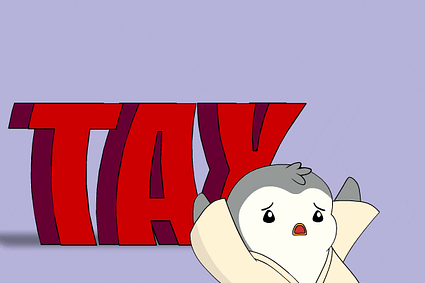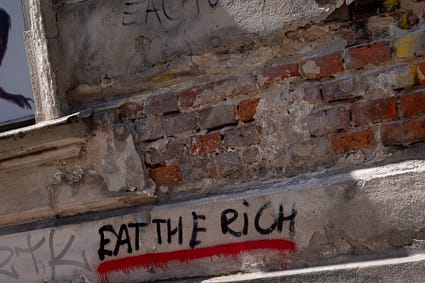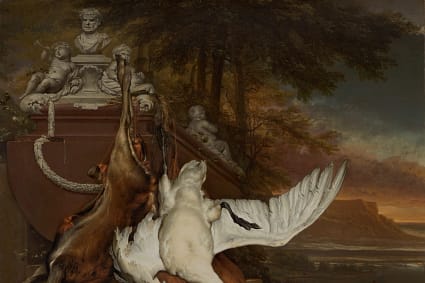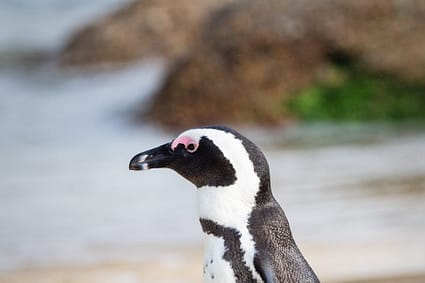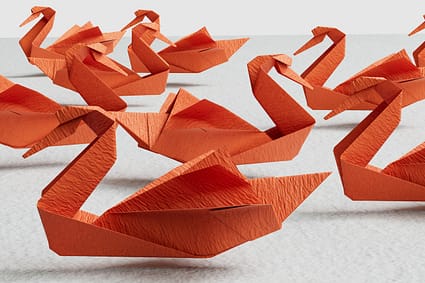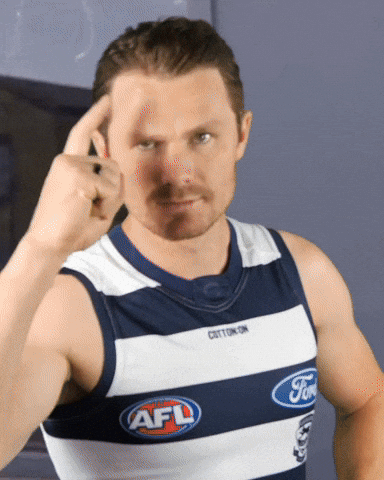
The numbers don’t lie but rather tell the real story of an already divided country. These conservative white politicians going around warning of the divisive potentialities of the Voice to Parliament are full of the proverbial. The fact that only 1 in 6 Aussies interact with an Indigenous Australian means that most of us don’t really know an Aboriginal or Torres Strait Islander. We live largely separate lives and only hear about them in the news. We have no idea what it is like to walk in their shoes. Therefore, the calls to vote No are misguided because the status quo is not alright for the majority of First Nations Australians.

Less Than 20% Of Us Know A First Nation Australian
How can we say everything is alright as it is when the data tells us that most Indigenous Australians trail behind in terms of wealth, health, education and opportunity. Closing the gap has been a target for many years and remains largely unsuccessful. It is time to listen to those impacted by being Aboriginal in Australia.
A Voice to Parliament in the Constitution is the only way to stop Indigenous issues being used as a political football by our adversarial politicians. They are playing their games with the Voice as we speak. Less than 20% of us know a First Nation Australian – what does that say about our country?
https://www.pc.gov.au/closing-the-gap-data/annual-data-report/report

Just 1 In 6 Of Us Socialise With An Aboriginal
Talk about the hidden truth of Australian culture. White commentators bang on about Australia not being a racist nation, well, ignorance is bliss, they say. If you don’t know an Indigenous Australian and don’t regularly commune with her or him – how the bloody hell would you even know. ‘I’m alright Jack,’ is an Australianism and it refers to a me-centric attitude in life. You cannot make a decision about this referendum on the basis of your own feelings and circumstance. It calls for a deep dive into the perspective of First Nations Australians. This is about being big enough to recognise the need for self-empowerment to be granted to Indigenous Australians. A voice at the table where decisions are made, forever, because it will be enshrined in the Australian Constitution. Meaning that the Libs and Nat’s can’t come in and shaft it, like Tony Abbott did slashing half a billion dollars from the budget back in 2014.
“Before his election last September, Tony Abbott claimed he’d be a Prime Minister for Indigenous affairs. But in his government’s first budget, Indigenous affairs have taken some of the most savage cuts. The budget will see cuts to Indigenous spending by more than half-a-billion dollars over five years in a significant shake-up. The chairman of the National Aboriginal Community Controlled Health Organisation, Justin Mohamed, says he believes as much as $90 million could come out of Indigenous health services.
“By reducing money out of the bucket, it obviously puts a squeeze on a whole lot of things, so there’s going to be a limit on what the Aboriginal health portfolio can do in total. I think, like most things that get chopped during this time, is the preventative side of health, which is what we really need in Aboriginal health.” “

The facts about the Coalition and their attitude toward Indigenous affairs are there to see in black and white. Leaders like Peter Dutton and before him Scott Morrison, Tony Abbott, and John Howard do not want to have to deal with real Aboriginal people with a voice. They want to continue the whole white man knows best narrative. For most Australians, it is a case of out of sight is out of mind when it comes to the realities of day to day living for many First Nations people in this country.
Only 1 in 6 Aussies interact with an Indigenous Australian. Ask yourself how many First Nations friends do you have? How often do you have a heart to heart with an Aboriginal Australian?
“Indigenous Australians
A significant group that faces shocking rates of racism across Australia are Indigenous Australians. Reconciliation Australia reported that in 2020 52% of Indigenous people had recently experienced an incident of racial prejudice in the previous six months. This figure is an almost 10% increase from 2018. The Australian government in the 2020 National Agreement on Closing the Gap acknowledged that Indigenous people continue to face ‘entrenched disadvantage… and ongoing institutional racism’. This racism extends beyond racist attacks by other Australians and is often felt in institutional settings such as our justice system, healthcare system and educational facilities. More than half of Indigenous Australians reported facing discrimination in educational institutions. Institutional racism limits access to essential resources and services, denying individuals opportunities and worsening cycles of disadvantage. “

The Constitution Is A Largely British Construction
“During the 1890s representatives from the six Australian colonies came together at meetings called ‘constitutional conventions’ to draft a document which would provide for a new level of national government. By 1898 the delegates had agreed on a draft which they took back to their respective parliaments to be approved. The final draft of the Constitution was approved by a vote of the people who were eligible to take part in referendums, which was held in each jurisdiction between June 1899 and July 1900. The Constitution was then agreed to by the British Parliament, which passed the Commonwealth of Australia Constitution Act in July 1900. Even though the Constitution was originally part of a British Act of Parliament, its ongoing legitimacy now rests on its approval, acceptance, and ability to be amended, by the people of Australia.”
Most modern Australians would not know just how British we all were back in the day. At the time the Constitution was created most white Aussies would consider themselves British to their bootstraps. These folk would fight in the Boer Wars and two World Wars to defend the interests of the motherland. Much of the Australian flag design reproduces the Union Jack – Britain’s national flag. This British identity still pulses proudly within a core of conservative white Australians. Witness the referendum defeat for an Australian Republic in 1999. The same organisations and, indeed, people or their offshoots are mounting the No Vote campaign to the Voice today. These people want to hold onto every vestige of power that they can and do not want to share Australia with First Nations Australians. Is this racist? Yes. Their vision of Australia is a colonial one, with the descendants of British people ruling their island continent and the darkies marginalised around the fringes.
It used to be commonly thought by white Australia that Aboriginal people would die out. It was not that long ago that this belief was openly shared by the populace.

I do not see white Australians going out of their way to get to know Indigenous Aussies. To get to the heart of the matter, so to speak. Racist Australia is largely happy with the status quo. Many people get uncomfortable when they see dark skinned faces in their neighbourhood- they worry about their property and its security. Giving First Nations Australians a voice to parliament is the last thing that many want to do. The polls are telling us this right now.
The authentic nature of Australians and their racist inclinations will be revealed to the world this October. Oh, excuses will be made and the Peter Dutton’s will claim it is the will of the nation on the basis of wanting a united country. Yes, a united white Australia, where Aboriginals can get into line at the back of the queue.
Vote Yes
I will be voting Yes, because it is time to really listen to First Nations Australians. We, as a nation, are big enough to host a diversity of views. It is the right thing to do, after centuries of neglect and institutional discrimination. If Australia is this great place, a wealthy nation, then, let us ensure that those suffering are heard and something done about it. Vote Yes.
Robert Sudha Hamilton is the author of Money Matters: Navigating Credit, Debt & Financial Freedom.
©WordsForWeb


